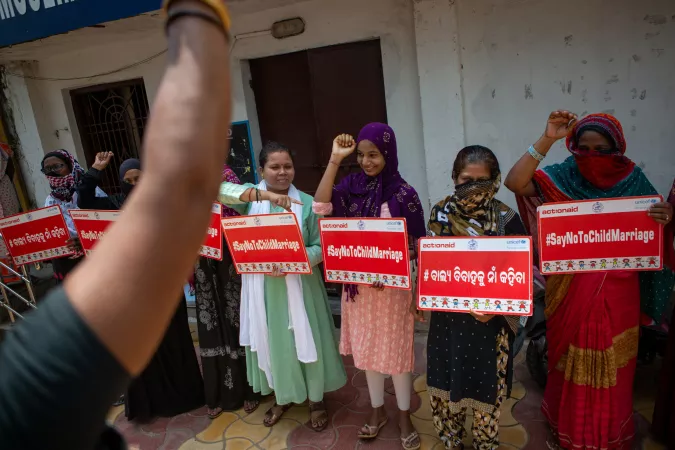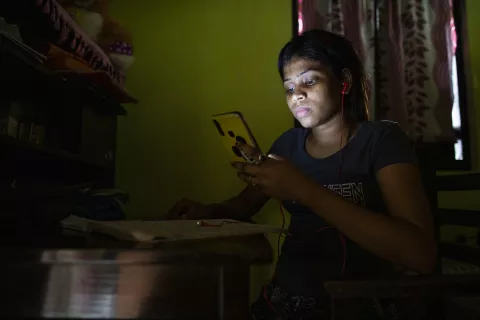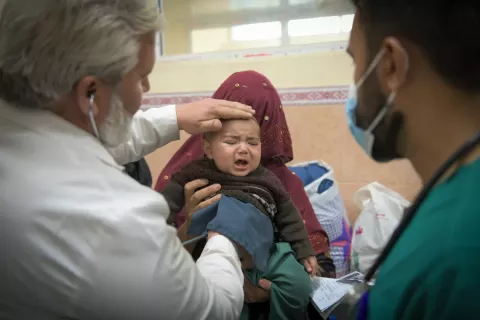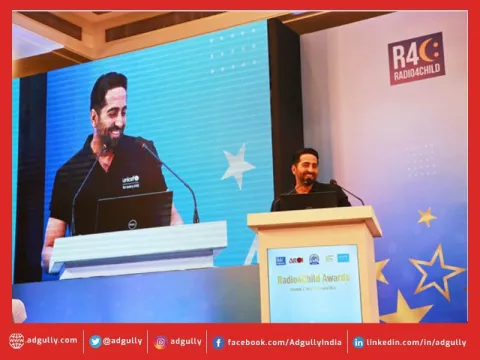South Asia could eliminate child marriage only in 55 years – UNICEF
In South Asia, 1 in 4 young women are still married before 18th birthday, with climate catastrophes, economic shocks and the ongoing fallout from COVID-19 threatening to reverse hard-earned gains
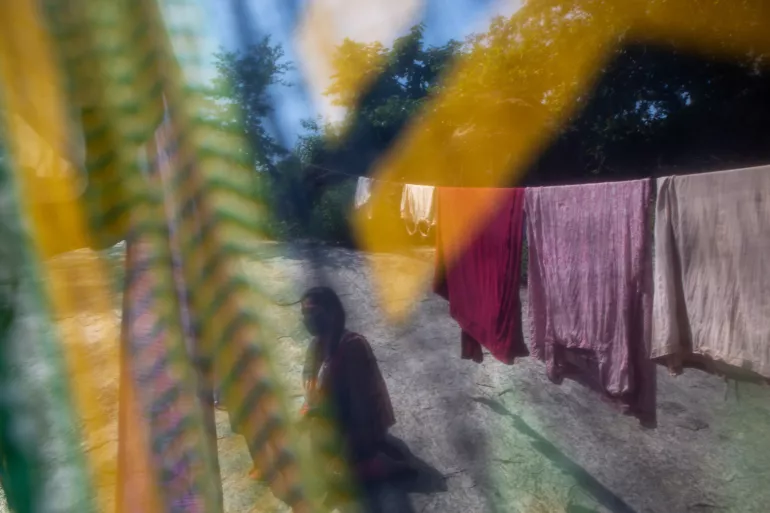
KATHMANDU, Nepal, 3 May 2023 – South Asia continues to drive global reductions in child marriage and is on pace to eliminate child marriage in about 55 years, according to a new analysis issued by UNICEF South Asia today.
Child marriage has declined steadily in South Asia. In the last decade alone, a girl’s likelihood of marrying in childhood in South Asia has dropped by nearly half, from 46 per cent to 26 per cent. This progress is driven largely by India, with notable declines in Bangladesh, the Maldives and Pakistan.
However, the region remains home to nearly half (45 per cent) of the world's child brides. While India has recorded significant progress in recent decades, it still accounts for one-third of the estimated child marriage cases globally total. Already, an estimated 640 million girls and women alive globally today were married in childhood – of which 290 million are in South Asia, according to the latest estimates included in the analysis.
Despite a steady decline in child marriage in the last decade, multiple crises including climate catastrophes, economic shocks and the ongoing fallout from COVID-19 are threatening to reverse hard-earned gains in South Asia. The COVID crisis has made it difficult for girls to access health care, education, social services and community support.
"The world is engulfed by crises on top of crises that are crushing the hopes and dreams of vulnerable children, especially girls who should be students, not brides," said UNICEF Executive Director Catherine Russell. "Health and economic crises, escalating armed conflicts, and the ravaging effects of climate change are forcing families to seek a false sense of refuge in child marriage. We need to do everything in our power to ensure that their rights to an education and empowered lives are secured."
In South Asia, levels of child marriage vary considerably across the region, from over 50 per cent in Bangladesh to 2 per cent in the Maldives.
Within countries, there is further disparity: in Afghanistan, for example, there is a tenfold difference in prevalence across provinces.
However, overall, child brides in South Asia are more likely to live in poor households, have less education and reside in rural areas. For example, 1 in 4 child brides in Pakistan have never been to school.
Girls who marry in childhood face immediate and lifelong consequences. They are less likely to continue in school, and face an increased risk of early pregnancy, in turn increasing the risk of maternal complications and mortality. The practice can also isolate girls from family and friends and exclude them from participating in their communities, taking a heavy toll on their mental health and well-being.
"We've proven that progress to end child marriage is possible. It requires unwavering support for vulnerable girls and families," added Russell. "We must focus on keeping girls in school and making sure they have economic opportunities."
#####
Notes to editors:
Estimates of the global and regional prevalence of child marriage are calculated on the basis of national estimates in the UNICEF global databases, comprised of nationally representative data from over 100 countries. National data on child marriage are primarily drawn from household surveys, including the UNICEF-supported Multiple Indicator Cluster Surveys (MICS) and the USAID-supported Demographic and Health Surveys (DHS). Demographic data are drawn from the United Nations Department of Economic and Social Affairs, Population Division. The latest estimates go up to the year 2022.
Media contacts
Additional resources
About UNICEF
UNICEF works in some of the world’s toughest places, to reach the world’s most disadvantaged children. Across more than 190 countries and territories, we work for every child, everywhere, to build a better world for everyone.
UNICEF’s Regional Office for South Asia (ROSA) works with UNICEF Country Offices in Afghanistan, Bangladesh, Bhutan, India, the Maldives, Nepal, Pakistan and Sri Lanka to help to save children’s lives, defend their rights, and help them fulfil their potential. For more information about UNICEF’s work for children in South Asia, visit www.unicef.org/rosa and follow UNICEF ROSA on Twitter and Facebook.

